
The survey was conducted in December 2024 by students of the Henryk Sienkiewicz Secondary School in Kołobrzeg (ZS No. 1) as part of the „Green Practices” project. The aim of the study was to understand the ecological habits associated with Christmas celebrations among the residents of Kołobrzeg (207 randomly selected residents), also teachers, and students of ZS No. 1 in Kołobrzeg. The results highlight the diversity of approaches to holiday traditions and practices from an ecological perspective.
Christmas Decorations
More than half of the Sienkiewicz community decorates their Christmas trees with natural ones (68%). Artificial trees are also popular (26%). Family heirloom decorations passed down through generations dominate (78%), with store-bought decorations being the most common (60%). Most residents of Kołobrzeg (58%) decorate their homes with live trees—both cut and potted. Artificial trees are less popular (38%), and only 4% of respondents forgo this tradition. In terms of ornaments, ready-made store products are the most popular, chosen by more than half of the respondents. However, one in five residents values traditional family decorations, and nearly 22% make their own decorations from eco-friendly materials. A noteworthy aspect is the behaviour of residents regarding the reuse of decorations. Almost half (46%) continue to use the same decorations, and 33% partially refresh them. Only 16% buy new decorations every year, indicating an increasing ecological awareness.
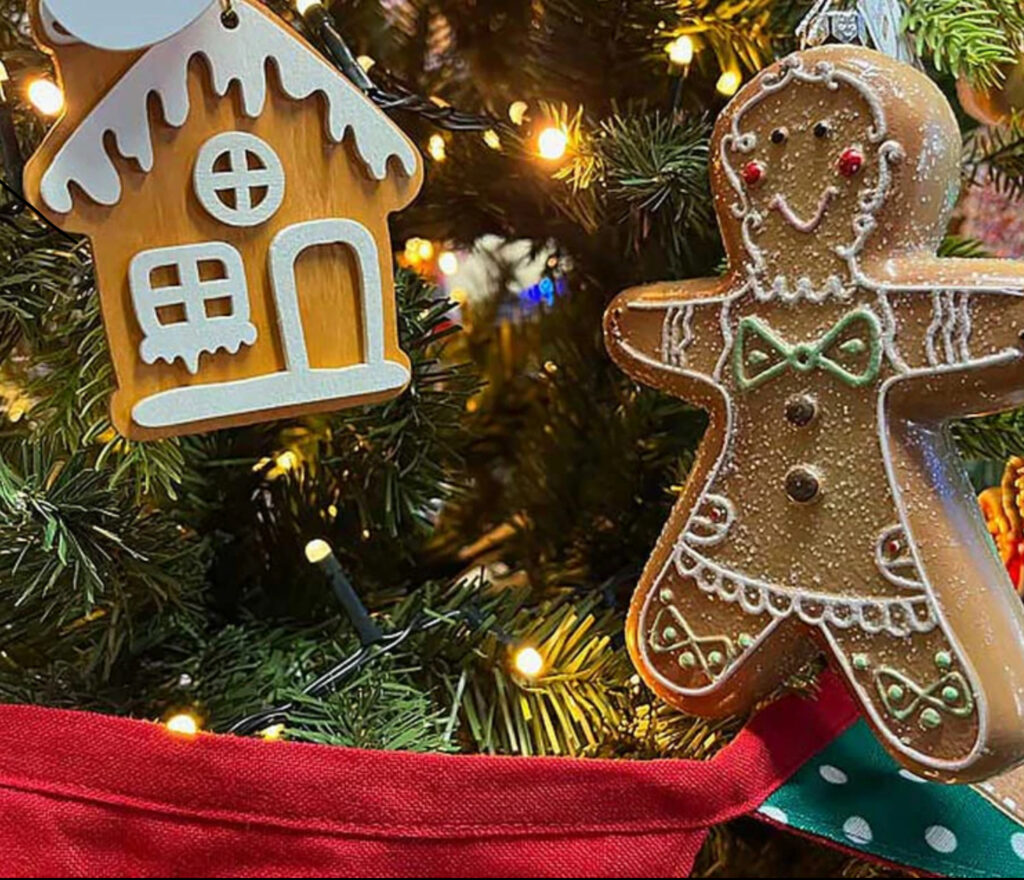
Lighting and Energy Efficiency
As many as 89% of students and teachers use energy-efficient LED lights. Most limit the time the lights are on to 2-4 hours a day (44%), but it is still common to use them for the entire evening and night (26%). Energy efficiency in Christmas lighting is important for residents—60% use LED lights, and 21% limit the number of lights. However, 13% claim not to save energy, and for 6%, Christmas lighting is not important. Most respondents (35%) turn on the lights for 4-6 hours a day, showing a moderate approach to energy consumption during the holiday season. However, 15% leave the lights on all night, indicating potential for further educational efforts in this area. Only 30% use automatic switches, which could significantly reduce power consumption.
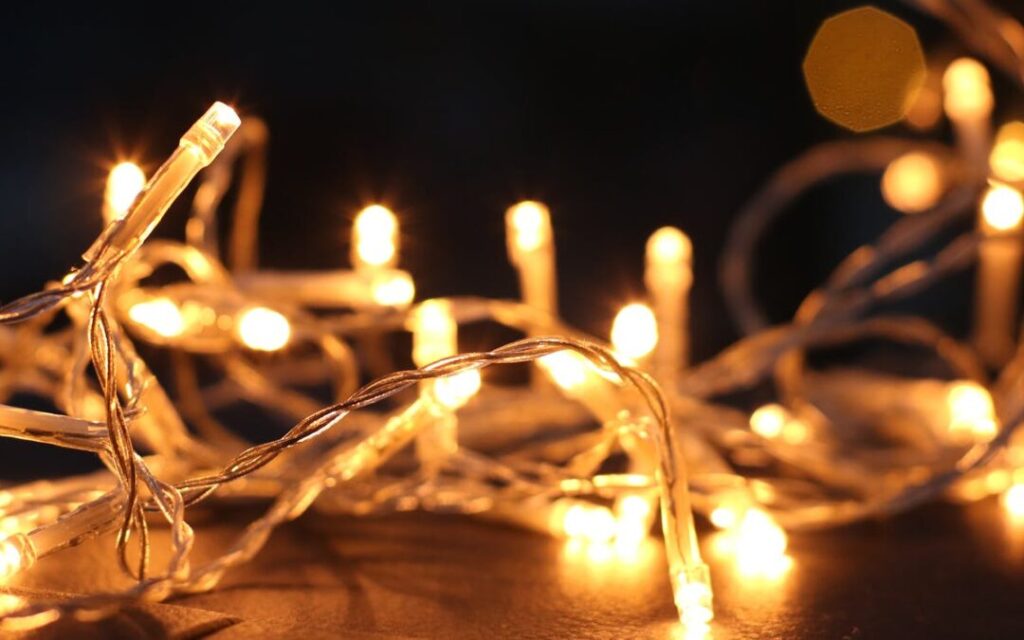
Presents and Wrapping
Traditional gifts are the most popular among both teachers (67%) and students (63%). Ecological wrapping, such as using kraft paper or fabric, is used by 33% of respondents from ZS No. 1 in Kołobrzeg. Eco-friendly shopping practices during the holiday season are becoming increasingly popular among Kołobrzeg residents—53% use reusable bags, and 24% pay attention to minimal packaging of products. However, nearly the same percentage (23%) does not focus on this, suggesting there is still room to raise awareness. Regarding presents, traditional store-bought products are the most popular (52%). Only 8% choose handmade items, and 13% choose eco-friendly products. Most people use classic gift-wrapping methods, but 27% use eco-friendly materials such as kraft paper or fabric, showing increased interest in more environmentally friendly solutions.

Ecological Habits
The most commonly practiced ecological actions at ZS No. 1 include waste sorting (100%), saving energy (67%), and choosing local products (22%). Reducing food waste during the holidays is important—67% of teachers prepare only as much food as necessary, and 22% use leftovers by donating them to those in need. Christmas in Kołobrzeg is increasingly associated with ecological practices—79% of residents sort their waste. It is also popular to reduce energy consumption (42%) and use local food products (32%). Reusable gift packaging is chosen by 41% of residents, which is a positive sign. However, only 17% of respondents openly talk about ecology during the holidays. For nearly half (43%), this topic does not come up in conversations, indicating the need for more ecological education in local communities.
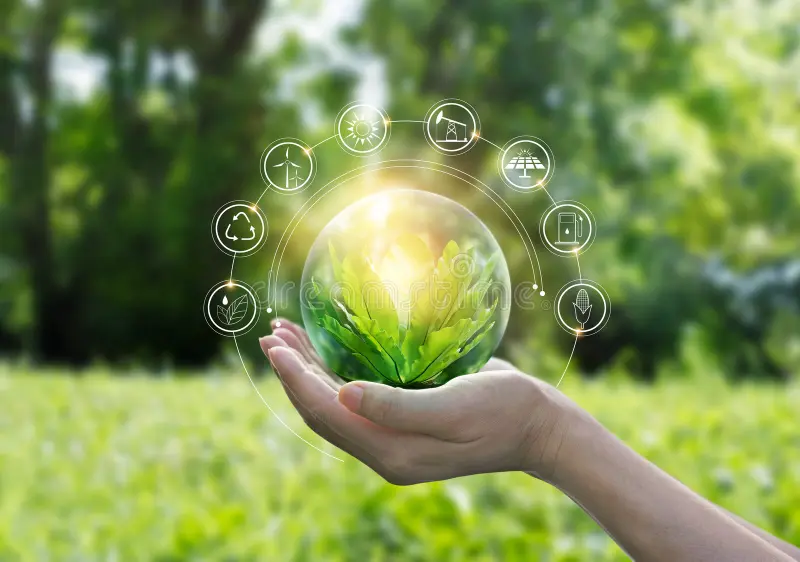
Attitudes Toward Ecology
At ZS No. 1, 33% of respondents regularly talk about ecology during the holidays, which is a higher result than the global average. Residents of Kołobrzeg are open to participating in ecological workshops and events—24% declare willingness, and 44% would consider participation depending on the topic and time availability. This shows a great potential for local educational and workshop activities. Most residents (48%) find such initiatives interesting, but not a priority, while 31% emphasize that they are very important. Only 17% see no need to increase ecological activities during the holiday season.
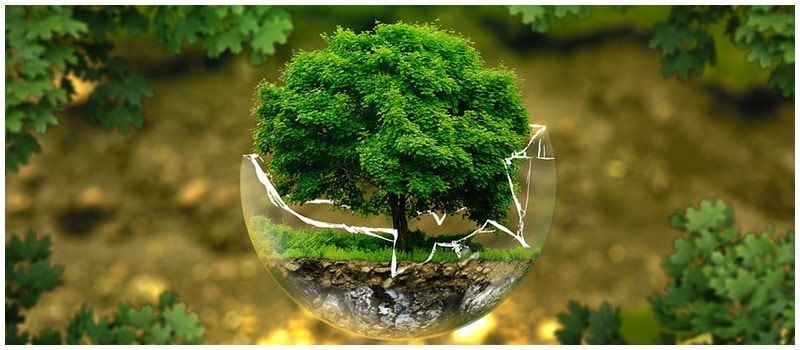
Conclusions and Recommendations
The survey results indicate that the residents of Kołobrzeg, including teachers and students of ZS No. 1 in Kołobrzeg, are increasingly aware of the ecological aspects of Christmas. Waste sorting, energy saving, and avoiding excessive use of disposable materials are practices that have gained recognition among many respondents. However, there are areas that require more attention, such as reducing plastic use, promoting eco-friendly gift wrapping, and being more mindful of minimizing food waste. Both students and residents see the value in undertaking local ecological initiatives, such as workshops or events promoting „green practices.” These can be a significant step in building ecological awareness and implementing changes at the local level. Christmas is a unique time when tradition and family atmosphere can go hand in hand with environmental care. Reducing excessive consumerism, focusing on local products, and choosing durable decorations are actions that not only benefit the environment but also highlight the importance of the holiday season as a time for community and reflection.
Proposed Local Initiatives:
1. Support actions that provide residents with easy access to local and eco-friendly products.
2. Encourage discussions about ecology during the holiday season in schools and local media.
3. Promote energy-saving technologies, such as LED lights and automatic switches, particularly among those who do not save energy during the holidays.
4. Increase awareness about eco-friendly gift wrapping options and reducing waste.
5. Organize crafting workshops, such as making decorations from recycling materials, or planning eco-friendly Christmas shopping.
6. Promote events focused on reducing food waste and waste sorting.
Taking steps toward more eco-friendly holidays can serve as an inspiration for other cities, and Kołobrzeg, thanks to the involvement of youth and the local community, can be an example of how to combine tradition with a modern, sustainable approach to life.
Alisha

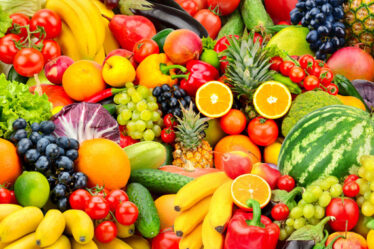
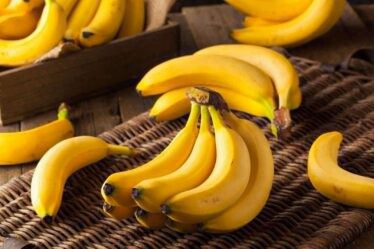

It’s always good to care about ecology!
I think we should remember about ecology in Christmas time
God job!!